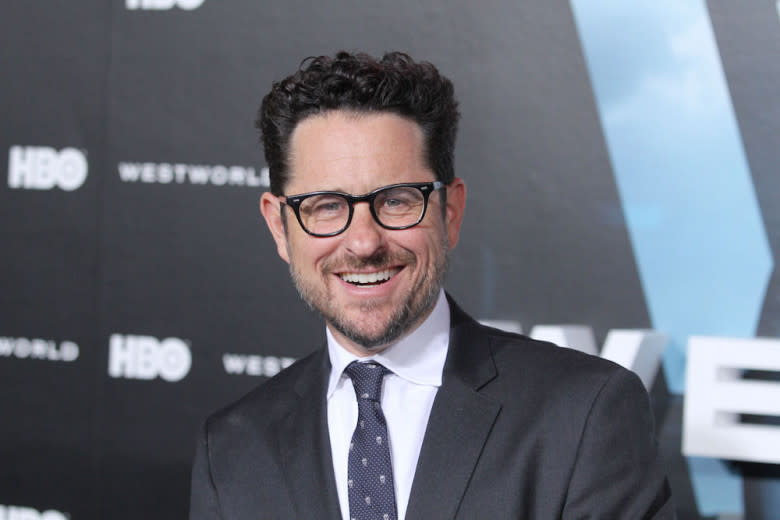J.J. Abrams Says Hollywood Can Learn From Original TV Like ‘Fleabag’ and ‘Atlanta’

Click here to read the full article.
Quarantined viewers tuned into Saturday’s all-day, virtual ScreenCraft Screenwriting Summit were treated to a special surprise in the evening when filmmaker and TV titan J.J. Abrams crashed the party as the surprise special guest. He arrived just after his fellow “Star Wars” scribe Tony Gilroy (“Rogue One” and the upcoming Cassian Andor series) finished his conversation about the craft of screenwriting.
Abrams’ Q&A touched on a range of topics, from the origins of 2015’s “The Force Awakens” to scaling “the mountain,” as he called it, of writing a screenplay, and to the Golden Age of television happening now. It’s an era Abrams helped to launch with his ABC mystery series “Lost.” “I know my role in that. I’m not talking as if I had nothing to do with this,” he said.
More from IndieWire
The Show Must Go On: Here's What's Still Open for Business in Hollywood
Jeffrey Katzenberg Is Courting J.J. Abrams for Quibi: 'He's Leaning in and Is Intrigued'
“It’s the Golden Age of television, as they call it, even though I don’t know what television really is anymore,” Abrams said. “That’s because huge chances are being taken. Talent that might not have gotten the chance otherwise suddenly have the opportunity. For me, when I watch a show like ‘Atlanta,’ which takes the most spectacular risks in point of view, in genre, structure, and character […] every story has been told, it’s kind of all been done before,” remarking that the FX series tells its stories in unique ways.
Abrams also praised the Emmy-winning Prime Video series “Fleabag,” created by and starring Phoebe Waller-Bridge.
“You see ‘Fleabag’ and you’re like, well, yes, the fourth wall has been broken [before], but not like that,” he said, referring to the protagonist’s tendency to face the camera and address the audience. “Yes, there have been amazing love stories, and stories of family, but not like that. What I love is the thing that makes you feel like, ‘Oh my god, this is so amazingly specific.'”
Abrams pivoted to discussing Hollywood’s place in a moment dominated by streaming content with originality that far exceeds what’s being reproduced on the big screen. “Hollywood used to be a place where something would happen, there’d be a movie where people would see it and think ‘Oh my god, that’s amazing. Here’s my answer to that,’ or ‘here’s my version,'” he said.
“Hollywood has become a place where, for the most part, studios say, ‘Oh my god, that’s amazing. Let’s do that literally again.’ And that’s OK, and I think that will continue, but I really hope that all the writers who are here and others in the guild are as excited as I am about this new opportunity with streaming platforms. How many different stories are going to be told. I’m hoping that features will follow, because I think people are responding so positively to original storytelling.”
The ScreenCraft Screenwriting Summit speakers also included Meg LeFauve (“Inside Out”), Alan Yang (“Master of None” and the upcoming “Tigertail”), Max Borenstein (“Kong: Skull Island”), David Rabinowitz (“BlacKkKlansman”), and Wendy Calhoun (“Prodigal Son”).
Best of IndieWire
The Show Must Go On: Here's What's Still Open for Business in Hollywood
Quibi: Watch All the Trailers From the New Streaming Service
Sign up for Indiewire's Newsletter. For the latest news, follow us on Facebook, Twitter, and Instagram.

